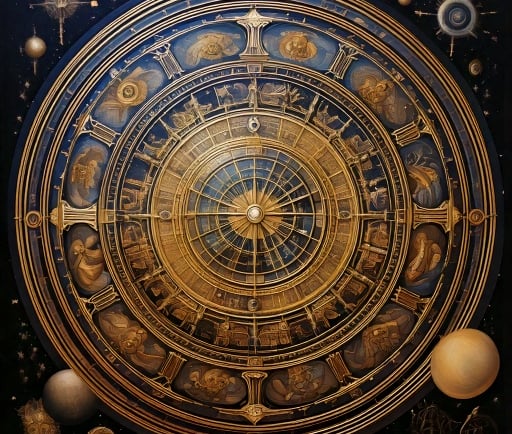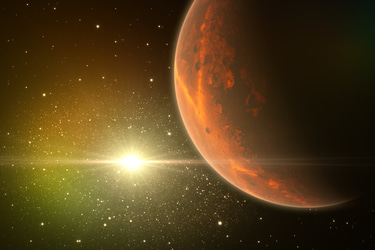The Age of the Universe: 13.8 Billion Years Explained


Introduction
Understanding the age of the universe is a monumental aspect of cosmology and astronomy. Scientists estimate that the universe is approximately 13.8 billion years old. This remarkable figure allows us to contextualize the evolution of the cosmos, the formation of galaxies, and the emergence of life within its vast expanse.
The Fundamentals of Cosmic Age
Determining the age of the universe involves a combination of observational astronomy and theoretical physics. The prevailing method relies on the analysis of the Cosmic Microwave Background (CMB) radiation, which is a remnant of the Big Bang. This ancient glow gives us crucial insights into the early moments of our universe's existence. Astronomers utilize data from satellites such as the Planck spacecraft to measure the temperature fluctuations in the CMB, enabling them to establish a timeline of cosmic evolution that leads to the current understanding that the universe is about 13.8 billion years old.
The Significance of 13.8 Billion Years
The figure of 13.8 billion years is not merely a number; it carries profound implications for various fields of study. In astrophysics, this age provides a framework for understanding the lifecycle of stars, the formation of planets, and the eventual fate of the universe itself. Additionally, the extensive time span allows scientists to explore theories of cosmic expansion, dark matter, and dark energy. The continuous investigation into our universe's age fuels advancements in technology and theoretical models that further our comprehension of the natural world.
Conclusion: A Journey Through Time
In summary, the estimated age of the universe, approximately 13.8 billion years, serves as a cornerstone of astrophysical inquiry and existential contemplation. This number signifies a timeline that blankets unimaginable events, from the formation of the first atoms to the birth of stars and the evolution of life on Earth. As research progresses and new discoveries are made, our understanding of this vast history will undoubtedly continue to evolve, allowing us to grasp more profoundly our place in the cosmos.
